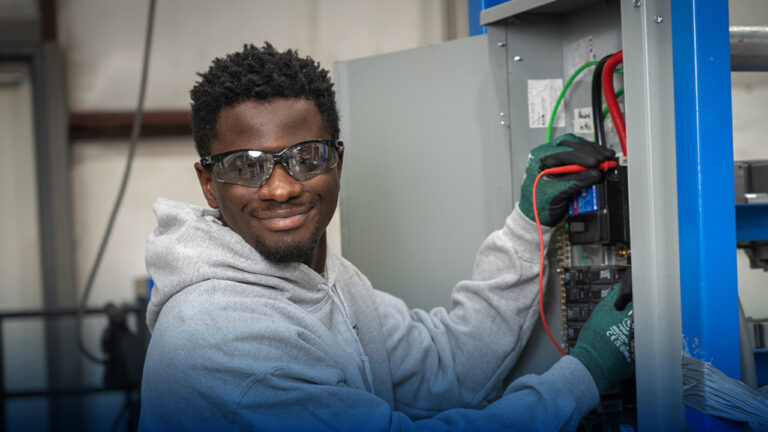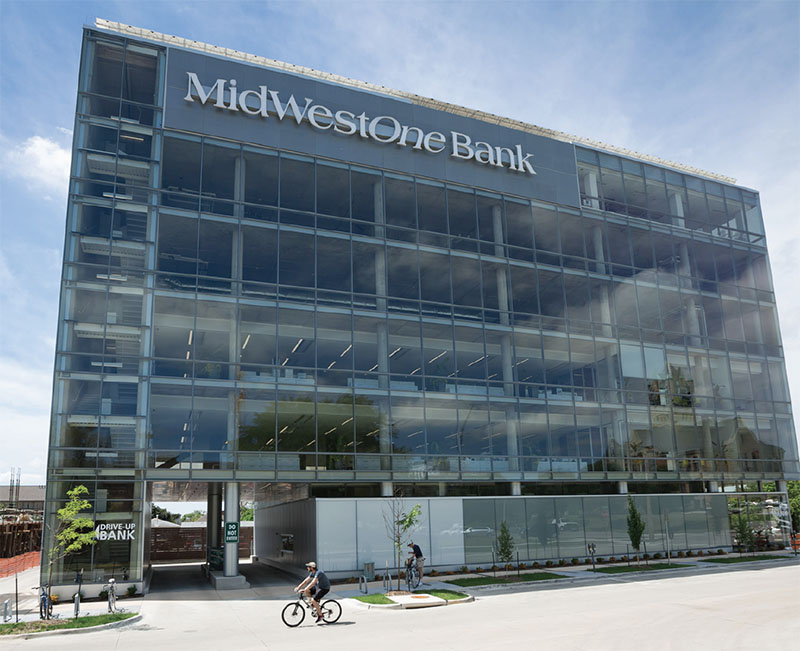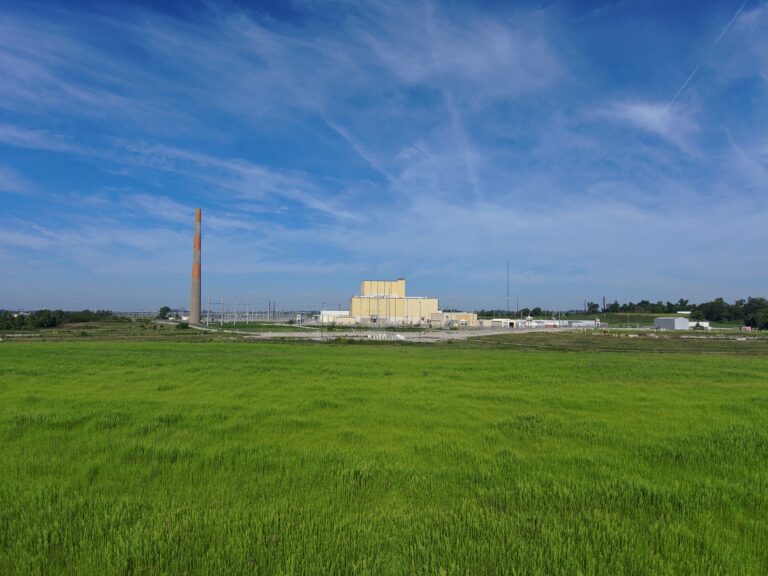
Everywhere you look in the Corridor right now, something big is going up. The Cedar Crossing casino, massive new data centers, manufacturing expansions — the list goes on. It’s an exciting time to live and work here. But I keep coming back to one simple question: Who is going to build it all?
The fact is, our region is in the middle of a severe shortage of skilled tradespeople, and it’s not getting better anytime soon. Every contractor, developer, and business owner is scrambling for the same pool of workers, and the strain is showing up in more and more places.
Go to the IBEW Local 405 website, which shows calls from NECA electrical contractors in the Corridor and Eastern Iowa, and you’ll see dozens of open calls for electricians — I counted over 153 on a recent morning. These are critical jobs sitting empty for weeks as contractors wait for qualified workers.
The long-term economics of this situation are brutal. Over the next five to 10 years, our region is going to be in a bidding war for trade talent, meaning ballooning building costs, longer lead times and increasingly stalled projects. Investors and developers will start to see the Corridor as a place where it takes years to get a facility built and may decide to put that investment somewhere else. As companies see others hesitate, projects pull out and the market dries up.
Companies are already making big moves to get construction projects moving again. Just last month, Helix Electric announced that it will be hiring 400 workers to work on the new Google data center in Cedar Rapids. That’s a huge number, but the reality is, many of those workers won’t be from the Midwest.
I appreciate the folks who have come in to help in our market, and don’t say this to knock them. But I do think it’s a missed opportunity. Every hour of labor on those projects could be an hour that keeps our own local people working, earning, and investing back into the region’s economy.
So, what do we do? It starts with how we’re talking about the trades. For the last 10 years, we’ve poured money into career academies and training programs that sound good on paper, but they’re just not hitting the mark. Everyone wants to teach kids how to build a house, but the biggest opportunities aren’t in residential construction. They’re in commercial and industrial projects, the kinds of jobs that power our economy. We need to teach kids about this specialized work and emphasize its importance to our future as a society.
The other thing we have to be honest about: Not everybody can be the boss. We need more people who want to pick up a wrench and build at a job site.
We also need to be clearer about the work and the rewards. Trade jobs are hard, but if you’re willing to put in the effort, the reward is there. A journeyman electrician can easily make six figures in their first year out of training. That’s more than a lot of college graduates will ever make, without the debt that comes from a degree. I think sometimes in early trades education, we dance around the financial aspect of it, but kids today understand the importance of making money, and we should emphasize that.
None of this will be easy. Even if we fill every regional apprenticeship program tomorrow, it will still be years before we see the full impact. But that’s no excuse not to start. If we don’t, we’ll be standing here five years from now, still talking about the labor shortage while someone from Texas or Florida builds the Corridor for us.
I don’t want to see that happen. So here’s the deal: Support our apprenticeship programs. Partner with our schools. Hire the kids willing to work hard, and give them the training and respect that will keep them in this industry.
TJ Meiners is president of Nelson Electric, a 100% employee-owned commercial electrical contractor based in Cedar Rapids.







